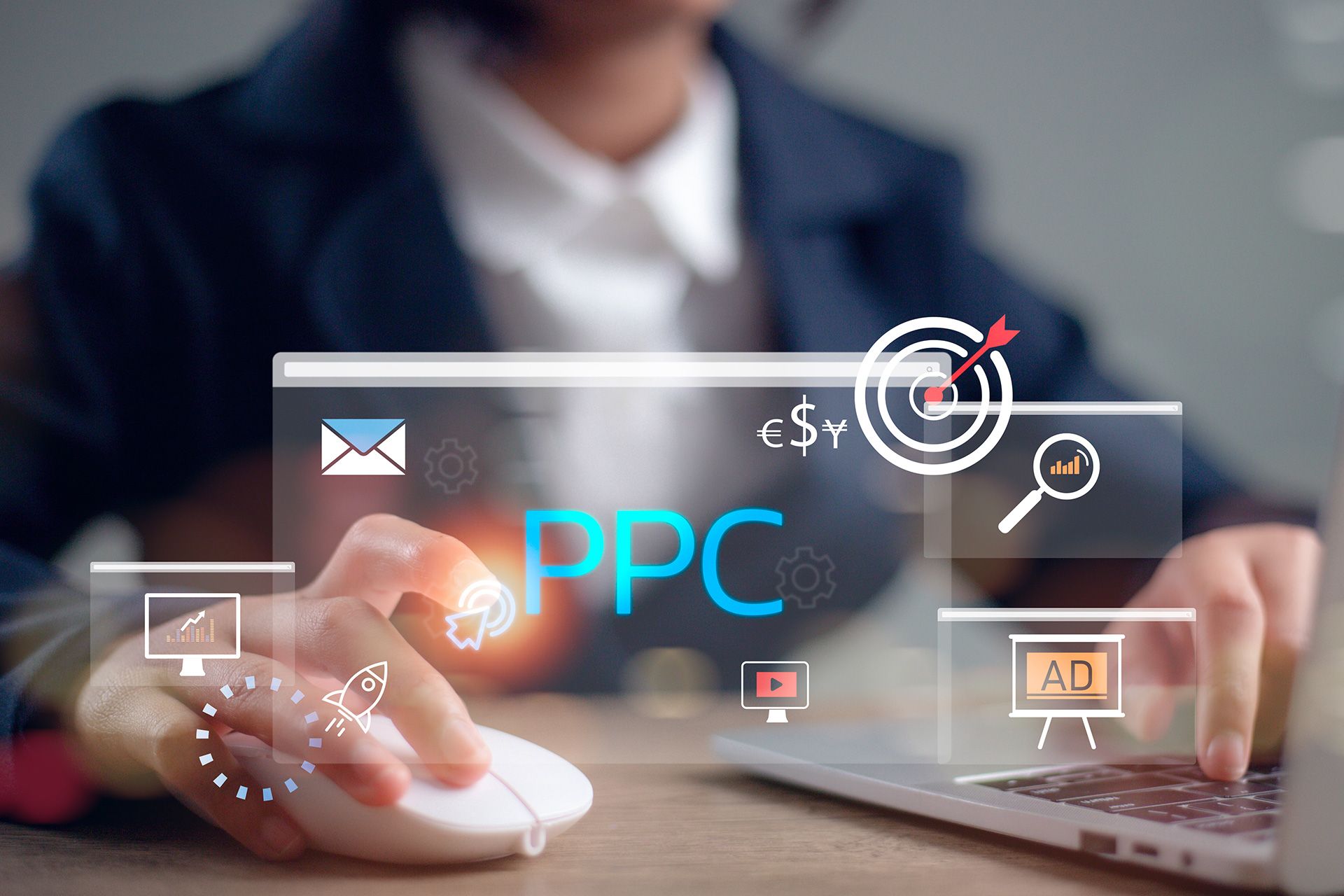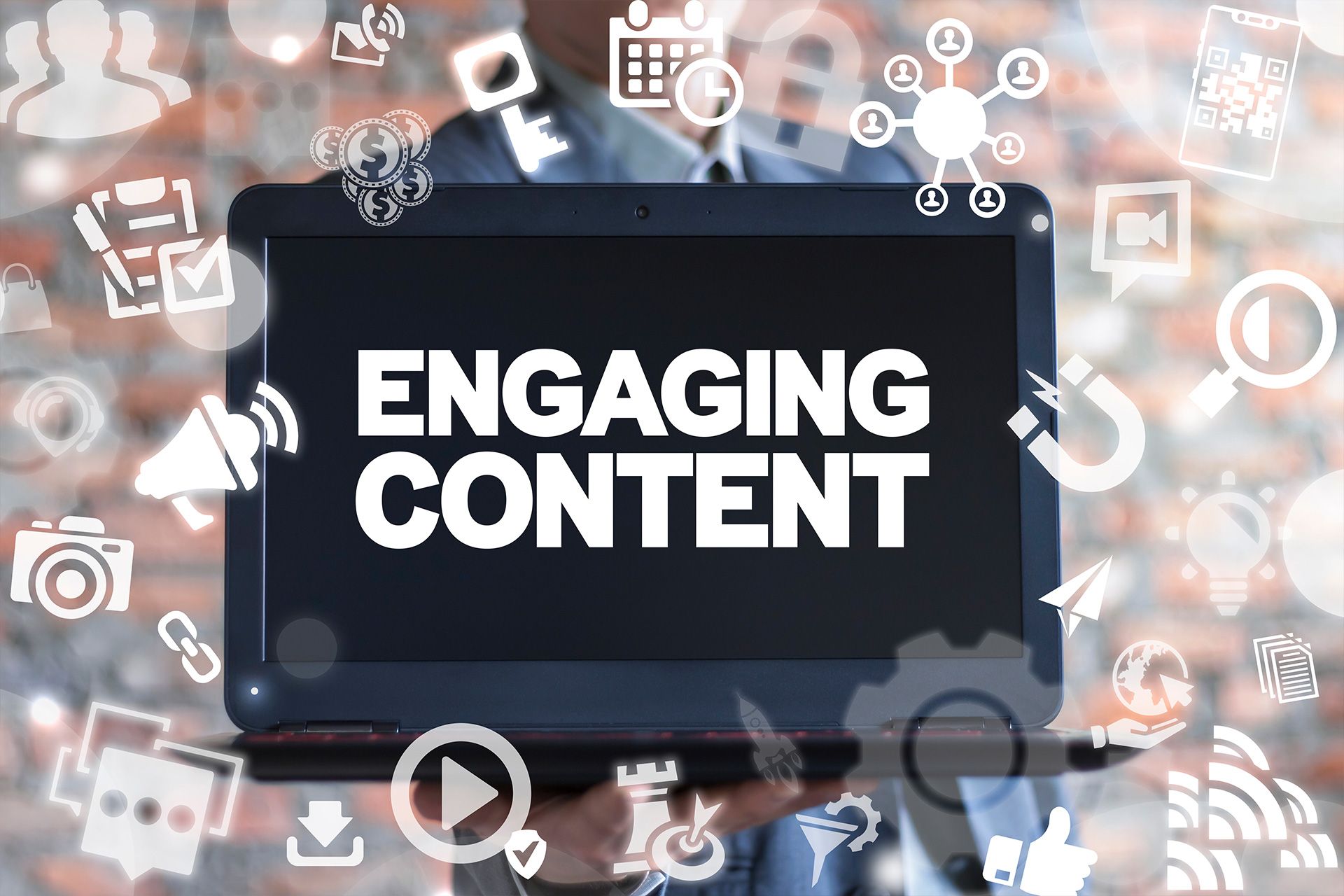What Is the Purpose of a Press Release? A Simple Guide

Did you know that millions of press releases are sent out each year worldwide? With so many announcements flying around, you might wonder—why are businesses, nonprofits, and even government agencies so eager to send them? The answer lies in how press releases help shape public perception, build brand trust, and connect with the media.
In this guide, we’ll break down the purpose of a press release, how it fits into a public relations strategy, and why it’s still a vital tool for media relations in today’s digital world.
What Is a Press Release?
A press release is a short, official statement sent to journalists and media outlets to announce something newsworthy. This could be:
- Launching a new product.
- Hosting an event.
- Merging with another company.
- Winning an award.
- Sharing important updates.
Think of a press release as a bridge between your organization and the public. Instead of advertising directly, you share factual, news-style information that reporters can use in their coverage.
The Main Purpose of a Press Release
While press releases can have many uses, their core purpose comes down to three main goals:
1. Share News with the Public
The most obvious reason for writing a press release is to share important updates. This ensures people outside your company know about changes, achievements, or events. By sending your message through trusted media outlets, you increase its credibility.
2. Build Strong Media Relations
Journalists need reliable sources of information. A well-written press release gives them exactly that—clear, accurate, and ready-to-use details. Over time, consistently sending quality press releases can build trust with reporters, making them more likely to cover your future announcements.
3. Strengthen Your Public Relations Strategy
Press releases are a key piece of a broader public relations strategy. PR isn’t just about responding to crises—it’s about shaping how the public views your brand. By regularly sharing positive, newsworthy stories, you can boost brand reputation and establish yourself as a thought leader in your industry.
Why Press Releases Still Matter in the Digital Age
Some people think press releases are old-fashioned, but that’s far from true. In fact, with the rise of online media, their value has grown.
Here’s why:
- Search Engine Visibility – Many press releases are published online and can show up in
Google search results, increasing your brand’s reach.
- Content for Multiple Channels – One press release can be shared across news websites, blogs, email newsletters, and
social media.
- Direct Access to Journalists – Instead of hoping a reporter finds your story, you send it directly to their inbox.
In short, press releases are still one of the most efficient ways to get your news in front of the right people.
Elements of a Good Press Release
If your goal is to get media coverage, your press release must be professional, clear, and easy to understand. Here’s what to include:
- Headline – A short, attention-grabbing title.
- Subheadline – One sentence that explains the main point.
- Dateline – The date and location of the news.
- Lead Paragraph – The most important information in the first 1–2 sentences.
- Body Content – Supporting details, quotes, and background information.
- Boilerplate – A short “About Us” section about your organization.
- Contact Information – So reporters can reach you for more details.
Different Types of Press Releases
Not all press releases are the same. Here are some common types and their purposes:
- Product Launch Press Release – Announces a new product or service.
- Event Press Release – Promotes an upcoming event or shares highlights from one that just happened.
- Award Press Release – Highlights achievements and recognition.
- Partnership or Merger Press Release – Shares news about collaborations.
- Crisis Management Press Release – Provides official statements during challenging situations.
Each type supports your overall public relations strategy in different ways, but they all aim to communicate clearly and effectively.
How Press Releases Fit into Media Relations
Strong media relations are built on trust and mutual benefit. Journalists want accurate, relevant stories; you want coverage that boosts your brand. Press releases help both sides.
Here’s how:
- They make reporters’ jobs easier by giving them ready-to-use facts.
- They position you as a reliable source so journalists come to you for future stories.
- They maintain control of your message so your news is represented accurately.
Remember, the better your relationship with the media, the more likely they are to cover your news.
Best Practices for Writing Press Releases
To get the most out of your press release, keep these tips in mind:
- Keep It Newsworthy – Don’t send press releases for minor updates.
- Write Like a Journalist – Use a clear, objective tone without salesy language.
- Include Quotes – Add human interest by featuring quotes from leaders or experts.
- Be Concise – Most press releases are 300–500 words.
- Use Keywords Naturally – Phrases like press release purpose, media relations, and public relations strategy should flow naturally in your writing.
Common Mistakes to Avoid
Even experienced marketers make errors with press releases. Avoid these common pitfalls:
- Burying the Lead – Put the most important info in the first paragraph.
- Overhyping – Stick to facts; journalists don’t like exaggerated claims.
- Forgetting Contact Info – Always give reporters a way to follow up.
- Sending Too Often – Only share truly newsworthy updates.
How to Distribute a Press Release
Writing your press release is only half the job. You also need to get it in front of the right audience.
Here are a few ways:
- Direct Email to Journalists – The most targeted approach.
- Online Press Release Services – Platforms like PR Newswire and Business Wire.
- Social Media Sharing – Post a link on LinkedIn, Twitter (X), and
Facebook.
- Your Website’s Newsroom – Keep a dedicated section for press releases.
The Role of Press Releases in a PR Campaign
When used strategically, press releases are not just one-off announcements—they’re part of a bigger picture. For example:
- Launching a new product? Your press release can be the first step in a series of promotions.
- Hosting an event? Use a press release to invite the media beforehand and share results afterward.
- Managing a crisis? A press release can help you get your side of the story out quickly.
By weaving press releases into your public relations strategy, you create a consistent flow of positive news that shapes how people see your brand.
Final Thoughts
The purpose of a press release goes far beyond simply “sharing news.” It’s about connecting with the media, building public trust, and making sure your story is told in the right way. In a fast-moving digital world, a well-crafted press release can still cut through the noise—if it’s newsworthy, well-written, and strategically distributed.
If you want expert help crafting press releases that get results, contact Oamii today.
FAQs: Press Releases
What is the main purpose of a press release?
The main purpose of a press release is to share newsworthy information with the public through the media. It helps businesses, organizations, and individuals announce events, product launches, partnerships, or achievements while building credibility and visibility.
How do press releases help with media relations?
Press releases give journalists accurate, ready-to-use details, making their jobs easier. Over time, this builds trust, strengthens relationships, and increases the likelihood of media coverage in the future.
Are press releases still effective in today’s digital world?
Yes. Press releases are now distributed online, making them visible through search engines, social media, and digital news outlets. This increases reach, boosts brand awareness, and supports a strong public relations strategy.
What should be included in a press release?
A good press release includes a headline, dateline, lead paragraph, body content, quotes, background information, a short “About Us” section (boilerplate), and contact details for follow-up.
How can a press release support a public relations strategy?
Press releases are a key tool in public relations. They create consistent positive exposure, help control your message, and position you as a credible source in your industry.
Disclaimer: The information on this website and blog is for general informational purposes only and is not professional advice. We make no guarantees of accuracy or completeness. We disclaim all liability for errors, omissions, or reliance on this content. Always consult a qualified professional for specific guidance.








